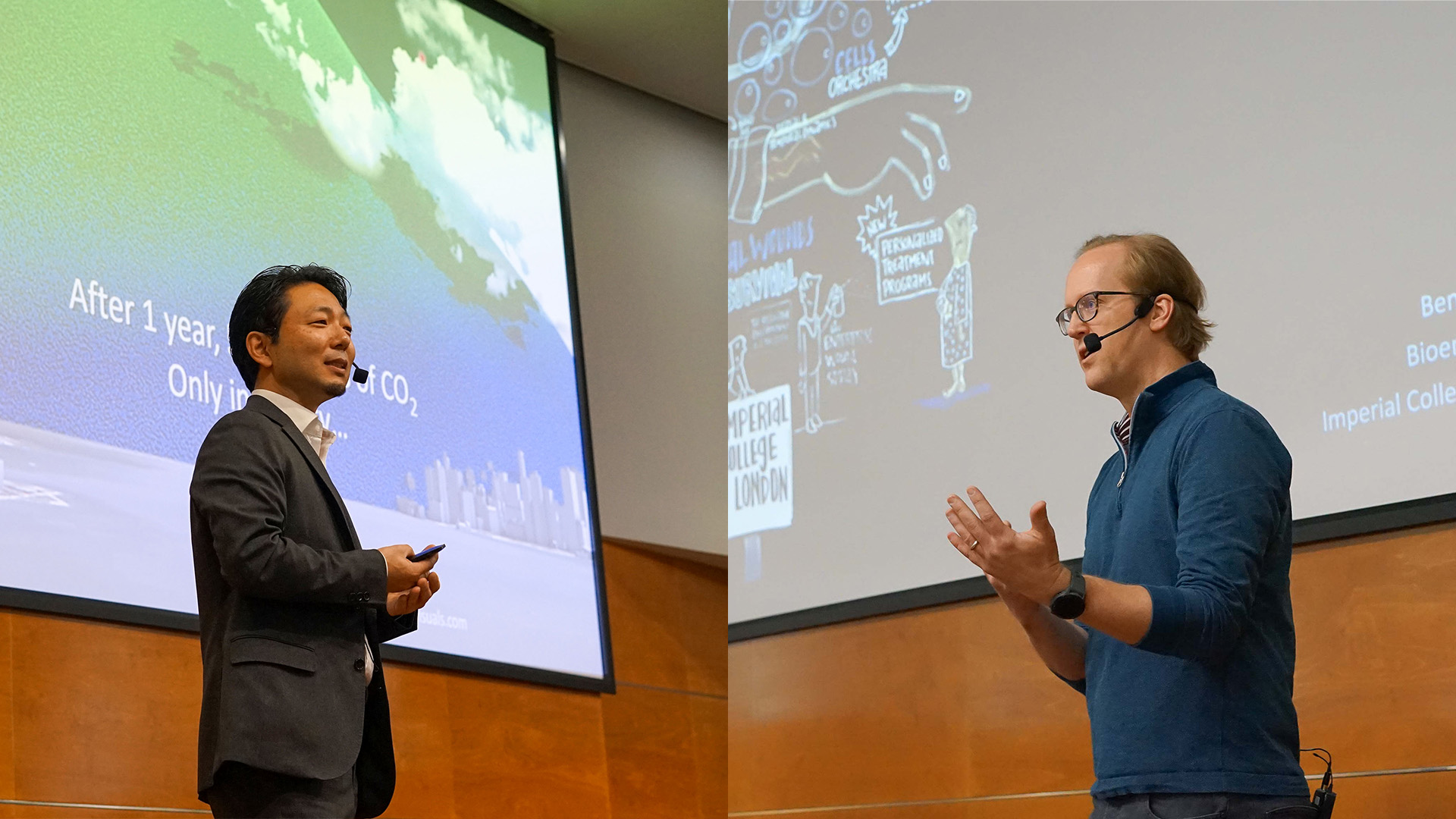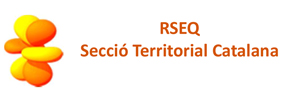As in the previous edition, IQS continues to offer its ChemBioEng IQS Talks conference cycle, in which internationally renowned researchers participate, within the three fundamental areas that make up its name: Chemistry, Biosciences, and Engineering. These conferences are aimed at both IQS research staff and other universities and research centres in the area, as well as students in advanced courses at the IQS School of Engineering.
As with the first edition, this year’s event was coordinated by IQS professors Dr Ana Belén Cuenca, professor and director with the Department of Organic and Pharmaceutical Chemistry, and Dr Benjamí Oller, professor with the Department of Bioengineering, with the support and collaboration of Dr Salvador Borrós, Director of IQS.
ChemBioEng IQS Talks 2023-2024
The dynamics of the conference sessions and the presence of the guest professors began with a meeting for dialogue between the guest lecturers and professors interested in the subject. This was followed by the conference itself in the IQS auditorium, aimed at a wider audience. After the lecture, an informal meal was held with the guest lecturers and certain researchers and students.
In this new edition of the ChemBioEng IQS Talks, the leading areas of the first two conferences of the academic year were Chemical Engineering, specifically within the context of heterogeneous catalysis aimed at the conversion of CO2, and Materials Bioengineering.
The first of the lectures this year (December 2023) was given by Dr Atsushi Urakawa, Professor of Catalysis Engineering at the Technical University of Delft-TU Delft, who had previously been a group leader at the Catalan Institute of Chemical Research (ICIQ). Professor Urakawa is a recognized expert in the development of innovative heterogeneous catalysts and catalytic processes to achieve efficient conversions of CO2 into other chemicals of interest.
Under the title “Playing with thermodynamics and kinetics in CO2 conversion catalysis,” Professor Urakawa explained the impacts and advances of using innovative heterogeneous catalysts under reaction conditions under high pressures in his lecture and presented the impacts of creating a highly reactive environment for the synthesis of substances such as methanol, formates, and CO, among others. In addition, he explained the unique characteristics of the operation of these types of “unstable” states, highlighting the importance of using in situ spectroscopy methodologies to develop and rationally optimize materials and catalytic processes.
The second conference (February 2024) was given by Dr Benjamin Almquist, from the Department of Bioengineering at Imperial College London (ICL) and a member of the Institute of Materials, Minerals, & Mining (IoM3).
Dr Almquist is an expert in designing therapeutic strategies with biomaterials. Under the title “Engineer Wound Repair,” Dr Almquist presented his group’s line of research that addresses the problems of defective wound healing, such as those derived from burns or diabetic foot ulcers, based on specific nanomaterial systems that allow normal skin regeneration. With a combination of materials science, nanotechnology, and biology, his research allows the various components to act in a coordinated manner to achieve the desired therapy with a better dynamic response in the body’s cells.
The ChemBioEng IQS Talks conference cycle has received external funding from the Catalan Territorial Section of the Royal Spanish Society of Chemistry, which we sincerely thank for their support.
Next ChemBioEng IQS Talk
At the end of academic year 2023-24, on 6 June, IQS will host the conference “Development of organocatalys and photoredox catalysis,” by Dr David W. McMillan, 2021 Nobel Laureate in Chemistry.
Professor McMillan will share new concepts in catalysis and the applications in concepts such as the total synthesis of natural and pharmaceutical products, the results of the research carried out by his group.











